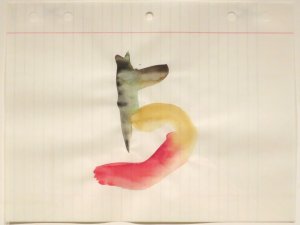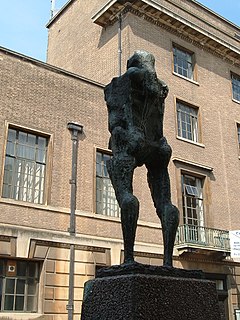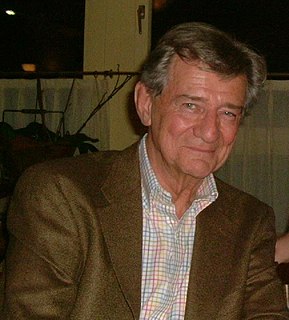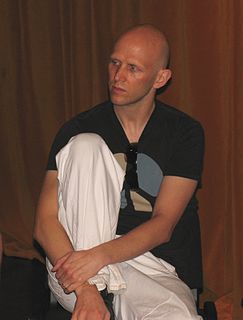A Quote by Richard Tuttle
If you're going to be a visual artist, then there has to be something in the work that accounts for the possibility of the invisible, the opposite of the visual experience. That's why it's not like a table or a car or something. I think that that might even be hard for people because most of our visual experiences are of tables. It has no business being anything else but a table. But a painting or a sculpture really exists somewhere between itself, what it is, and what it is not-you know, the very thing. And how the artist engineers or manages that is the question.
Quote Topics
Accounts
Anything
Anything Else
Artist
Because
Being
Between
Business
Car
Else
Engineers
Even
Exists
Experience
Experiences
Going
Hard
How
Invisible
Itself
Know
Like
Might
Most
No Business
Opposite
Our
Painting
People
Possibility
Question
Really
Sculpture
Something
Somewhere
Table
Tables
Then
Thing
Think
Very
Visual
Visual Art
Visual Artist
Why
Work
Related Quotes
Usually in theater, the visual repeats the verbal. The visual dwindles into decoration. But I think with my eyes. For me, the visual is not an afterthought, not an illustration of the text. If it says the same thing as the words, why look? The visual must be so compelling that a deaf man would sit though the performance fascinated.
Obviously, something like ballet, you have music, you dance with the music and it's a very direct connection. With visual art, when there's no music that accompanies the art, such as great masterworks in a museum, you wind up interpreting what the artist is doing, how the artist made that work and what they're conveying.
I don't think there is any scientific evidence about the question of whether we think only in language or not. But introspection indicates pretty clearly that we don't think in language necessarily. We also think in visual images, we think in terms of situations and events, and so on, and many times we can't even express in words what the content of our thinking is. And even if we are able to express it in words, it is a common experience to say something and then to recognize that it is not what we meant, that it is something else.
I think it's somewhere in my head, in my travel space, and it just comes out. It's a visual thing that happens unintentionally. People will tell me, "You do realize you just spoke with that accent, right?" And I'll go, "Oh, did I?" So it's not something I think about. As we talk, I have a visual about my speech and it just comes out like that. If that makes any sense!








































